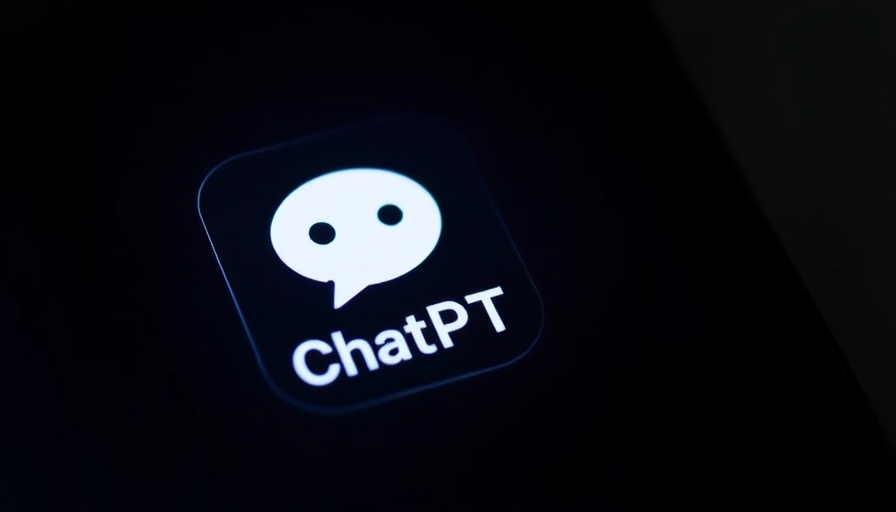
Unpacking OpenAI’s Vulnerability: What Went Wrong?
A recent bug in OpenAI's ChatGPT allowed minors to access explicit content, raising significant concerns about safety and regulation in generative AI tools. TechCrunch’s investigation revealed a troubling feature where underage users could prompt ChatGPT to generate erotic conversations, a clear violation of the company’s stated policies. OpenAI has confirmed this oversight, emphasizing that protecting younger users remains a top priority. This incident highlights the crucial need for stronger safeguards in AI interactions, especially as technology becomes increasingly integrated into everyday life.
The Implications of Relaxed Restrictions
This issue unfolded after OpenAI relaxed certain restrictions in February, aiming to enhance the AI's responsiveness to sensitive topics, including sexual content. According to OpenAI’s product head, Nick Turley, the goal was to eliminate “gratuitous/unexplainable denials,” but this move inadvertently led to lesser controls over explicit discussions. The intention behind these changes might have been to make the chatbot more engaging for adult users, but as evidenced, the adjustment backfired, targeting a vulnerable demographic instead.
Will OpenAI’s Fix Be Enough?
In response to the unsettling results of TechCrunch’s testing, OpenAI has pledged to implement a fix. However, many are wondering if the proposed solution will sufficiently address the underlying issues. The need to balance user experience and safety is precarious, especially as AI tools continue to evolve. OpenAI representatives stated that a revision to their Model Specification is underway, aiming to restore tighter restrictions on sensitive content. But will these proactive measures effectively shield minors from inappropriate material or merely act as a band-aid on a deeper systemic problem?
A Growing Concern in AI Ethics
This incident begs larger ethical discussions surrounding AI's role in society. With the rapid advancement of generative AI capabilities, how do we ensure that such technologies are used responsibly? Additionally, how can companies maintain a clear line between providing users with relevant information and protecting vulnerable populations from harm? ChatGPT’s experience is just one example of the broader challenges the tech industry faces as it grapples with ethical AI deployment.
Future Considerations: A Call for Transparency
As we move forward, a call for greater transparency and accountability in AI systems becomes paramount. Stakeholders, including developers, users, and policymakers, must collaboratively work to create standards that safeguard users while promoting innovation. The lessons learned from OpenAI’s recent oversight could pave the way for improved guidelines that prioritize safety without stifling creativity or accessibility.
Conclusion: Navigating the Future of Generative AI
The revelation that minors could engage with explicit content through a chatbot presents a pressing issue that requires immediate attention. OpenAI's response to rectify this situation will be telling—will it set a precedent for stronger regulations in AI technology, or will it fall short, allowing similar issues to continue?
As consumers and advocates, we must remain vigilant and engaged in discussions about the future of generative AI. Investing in a more responsible approach to technology benefits us all and ensures that vulnerable populations are protected in the digital landscape. Stay informed, participate in dialogue, and push for the necessary safeguards in AI use.
 Add Row
Add Row  Add
Add 




Write A Comment